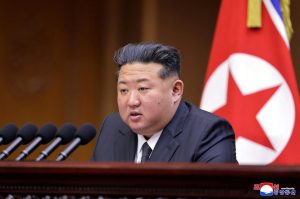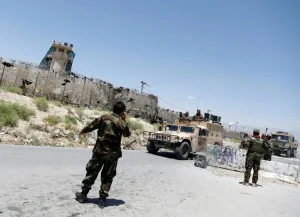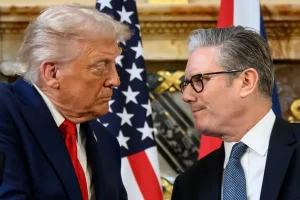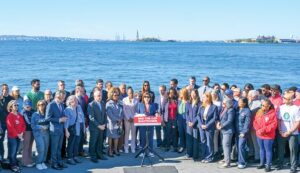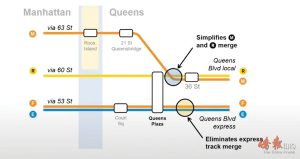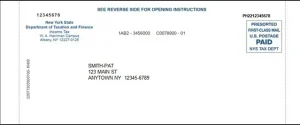Canada, Australia, Britain and Portugal recognize the State of Palestine on the eve of the UN General Assembly
Canada, Australia, and the United Kingdom announced their formal recognition of the State of Palestine on the 21st, increasing pressure on Israel to ease the humanitarian crisis in Gaza and pitting three major US allies against the Trump administration.
![]()
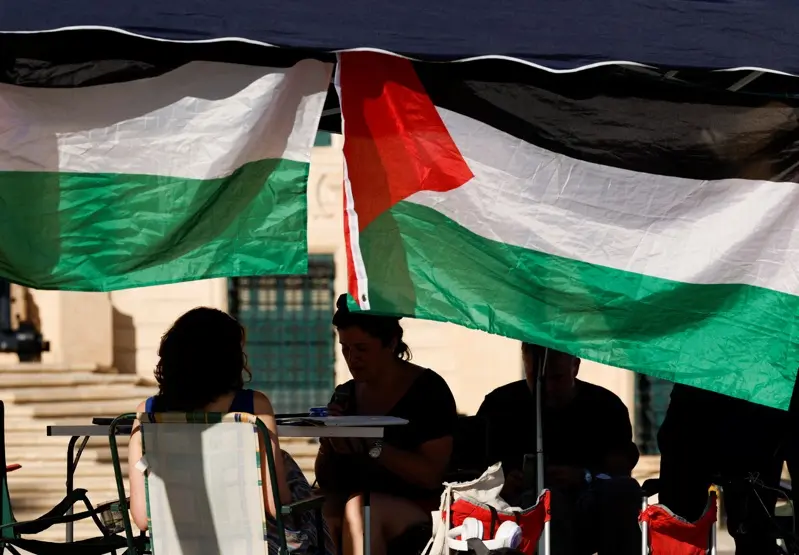
Canada, Australia, and the United Kingdom announced their formal recognition of the State of Palestine on the 21st, increasing pressure on Israel to ease the humanitarian crisis in Gaza and pitting three major US allies against the Trump administration.
The seemingly coordinated announcements by Canada, Australia, and the United Kingdom came on the eve of the annual general debate of the United Nations General Assembly in New York. Portugal, following the United Kingdom, Canada, and Australia, also announced its recognition of the State of Palestine that same day; France is expected to recognize the Palestinian state at the UN General Assembly session beginning on the 22nd.
Multiple declarations fail to effectively deter Israel
This joint action will deepen Israeli Prime Minister Benjamin Netanyahu’s diplomatic isolation. Canada, Britain, and other countries have already announced their intention to recognize the State of Palestine if Israel continues its offensive in Gaza. However, this move has so far failed to effectively deter the Israeli military, which has killed tens of thousands of people and reduced much of the region to ruins.
Netanyahu Strongly Opposes
Israeli Prime Minister Benjamin Netanyahu stated on the 21st that the establishment of a Palestinian state would pose an existential threat to Israel. He has ordered the expansion of settlements in the West Bank and vowed to oppose such actions at the UN General Assembly this week.
G7 Canada and the UK Both Recognize the Palestinian State
Canadian Prime Minister Mark Carney took the lead on the 21st in announcing his recognition of the State of Palestine, becoming the first country in the Group of Seven (G7) to do so. Australia and the UK immediately followed suit. Canadian Prime Minister Carney stated, “Canada recognizes the State of Palestine and is a willing partner, committed to building a peaceful future for both the State of Palestine and Israel.”
Carney said that for decades, Canada had anticipated the eventual realization of a two-state solution for Israel and Palestine through negotiations. However, he said, the Hamas attack on Israel on October 7, 2023, the Israeli parliament’s support for annexation of the occupied West Bank, and the Israeli government’s restrictions on humanitarian aid have seriously undermined the possibility of a two-state solution. Therefore, Canada is willing to partner with both the State of Palestine and the State of Israel to “realize the hope of a peaceful future.” In a statement, the Canadian Prime Minister’s Office also criticized Hamas for intimidating the Israeli people and oppressing the people of Gaza, causing horrific suffering.
British Prime Minister Keir Starmer waited until after US President Trump’s state visit to the UK last week before taking action. During his visit, Trump stated that he disagreed with the move, preferring to focus on securing the release of Israeli hostages by Hamas militants.
Australian Prime Minister Anthony Albanese also issued a statement announcing Australia’s “formal recognition of the independent and sovereign State of Palestine.”
The Israeli Foreign Ministry said that recognizing the Palestinian state was merely “rewarding Hamas,” a claim Starmer refuted.
The BBC noted that recognizing the Palestinian state carries a certain symbolic significance, representing a strong moral and political statement, but has little practical impact. Due to the long-standing dispute between Palestine and Israel, the Palestinian state still lacks internationally recognized borders, a capital, or an army.
![]()
